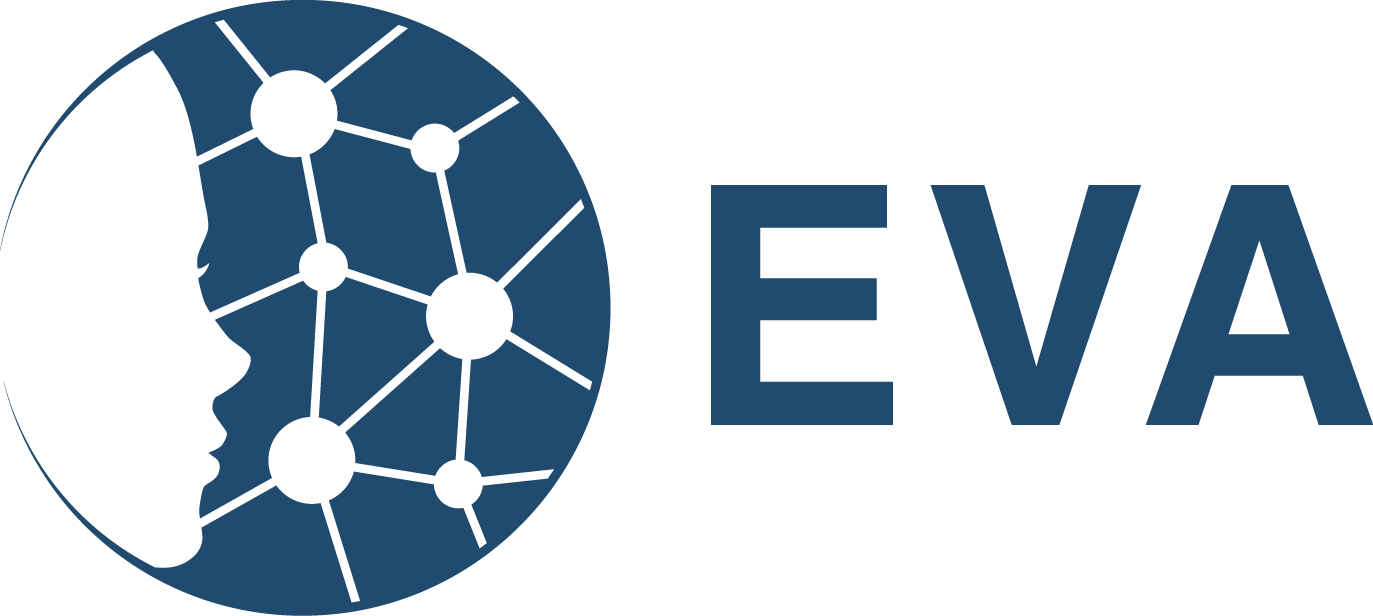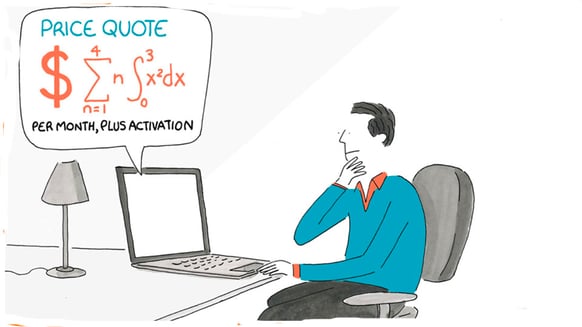Picking the wrong Candidate Relationship Management (CRM) tool can be a very costly error. If a CRM doesn’t meet your recruitment needs or does not have the functionality you expected, you reduce your profit margins by not only having to switch systems but also do so by hindering your teams' productivity.
It is important to do a lot of research before you buy a CRM if you’re not quite sure about the functions of a CRM or the product variations on the market check out our post here.
Before you invest in a CRM, here are 6 important factors you should include in their purchase consideration.
1. Cloud-based or on-premise?
It is important to know the difference between cloud and on-premise CRM systems. Understanding the semantics of each type of solution allows you to make a more educated decision on what works for your firm
What is a cloud-based CRM?
Cloud-based is a term that refers to applications, services or resources made available to users on demand via the Internet from a cloud computing provider's servers. Businesses that adopt cloud-based computing are able to increase capacity, enhance functionality or add additional services on demand without having to commit to potentially expensive infrastructure costs or increase/train existing in-house support staff.
What is an on-premise CRM
On-premises is the software and technology that is located within the physical confines of a recruitment firm or agency – often in the company's data center.
By installing and running software on hardware located within the premises of the company, internet technology (IT) staff has physical access to the data and can directly control the configuration, management and security of the computing infrastructure and data
Cloud vs on-premise
On-premise CRM can be customised to your business needs which implies that, more developers are required on site to configure and maintain the database.
Cloud-based CRM often known as software-as-a-service platforms (SaaS) are hosted on remote servers which means that things like software updates, hardware maintenance and upgrades, data backups, and security measures are all handled by your CRM provider.
SaaS or cloud platforms are potentially less expensive than running on-premise systems that result from incurred expenses related to system management, maintenance, and data security.
2. Is it scalable?
Scalability means that your CRM solution is able to expand with you, as our business needs increase. Your CRM should be flexible enough to allow for business expansion without a drop in process efficiency.
For example, your team beat their targets every month, the amount of candidate data has tripled in size in comparison to the previous year. Suddenly your CRM doesn’t run as smoothly as it used to.
If your CRM isn’t scalable, you’re almost implementing technology that restricts business growth. This is why it is important to choose a solution that adapts is a long-term solution and isn’t just a short term fix.
The ideology is, your CRM should be able to be as responsive without losing efficiency. Your chosen CRM should be able to process 5000 candidate profiles as easily as it would 500,000.
Generally speaking, cloud-based CRMs are easier to scale processes on, in comparison to on-premise systems.
3. Is it open to integrations?
Having fragmented systems, i.e one system to manage candidate pipelines (ATS), one to manage schedules/interviews, another to manage emails and another for your process analytics- it becomes almost impossible to visualise the entire candidate experience in one place - which defeats the purpose of a CRM.
A solution like EVA combines all the functionalities of a CRM, ATS and AI Bot within a single but powerful solution. EVA ingests, retains and utilises data from every decision within your recruitment processes, ensuring specific recruiter knowledge and expertise is sustained within your business.
Your CRM should be able to integrate with different day-to-day tools your company uses like email, document sharing, collaboration tools. Simultaneously it should also be flexible enough to integrate with candidate facing solutions as well.
EVA has API integrations across WhatsApp, Linkeldin, Facebook, Slack, Skype, Monster, Reed, CVLibrary, Twillio and more. Allowing all candidate-facing communication to be stored within a central system.
4. How much will it actually cost?
Most recruitment CRM systems have a standard licensing cost that is either charged on a month and per user basis. Pricing information for CRM companies can often be elusive and/or hard to understand, ensure that you demand visible pricing to ensure that you understand the total cost of ownership and utilisation.
Here are some hidden costs that some CRM companies may charge for:
- Storage: How much storage is on offer, within the pricing tiers will you need more than the company provides, if so how much is chargeable for more storage?
- Support: Does the CRM provider offer on-going technical support? Is it free?
- Training: Does the CRM provider offer product training, is this free or is it an additional cost?
It is important to thoroughly understand your price quote, otherwise you might unexpected surprises.
5. How easy is it to use?
Every CRM database is engineered using its unique engineering and design pricnciples. A concern for many recruitment teams is overcoming the learning curve associated with adopting a new system.
It is crucial to implement a CRM that provides staff training, real-time support, and on-going business development support, to ensure that you are utilising your system to the best of its capacity.
You’re buying a tool to help improve your stakeholder relationships- it is important that you pay attention to how willing your CRM provider is into developing a relationship with you.
At EVA we believe that there isn’t a one-size fit all solution for recruitment software, a consultation with is us involves a deep-dive into your organisation, where a business analysis expert assesses goals, pain-points, branding, and processes. After which, a customer success rep is assigned to your account ensuring that your team understands the platform and uses it to align with your long-term goals.
6. Security and Compliance
The introduction of GDPR last year, emphasises the need for a compliant and secure database. Simply put, your CRM houses all our candidate data - it is important that your CRM is engineered for data security.
Ask questions about their security processes, does the CRM have any external security certifications?
Look for either or more external security and compliance certifications
- SOC 2-Attested Service Provider: This means their security protocols have been validated by an independent CPA auditing firm to ensure they match or exceed industry-best practices.
- GDPR-Compliant: This means they’re compliant with laws that regulate how personal data of EU citizens is handled.
Remember
Before you commit to a recruitment CRM, have a look at the technology landscape in our software benchmark:



